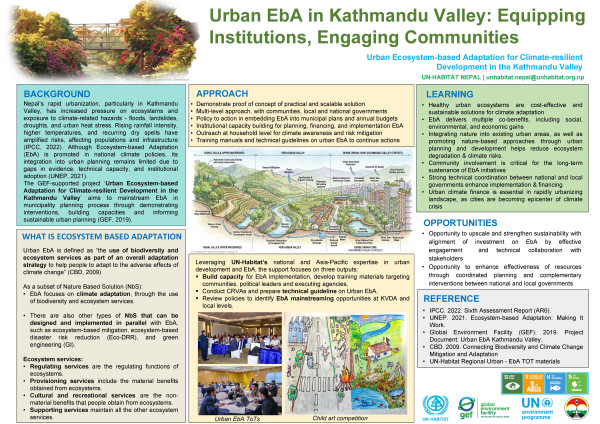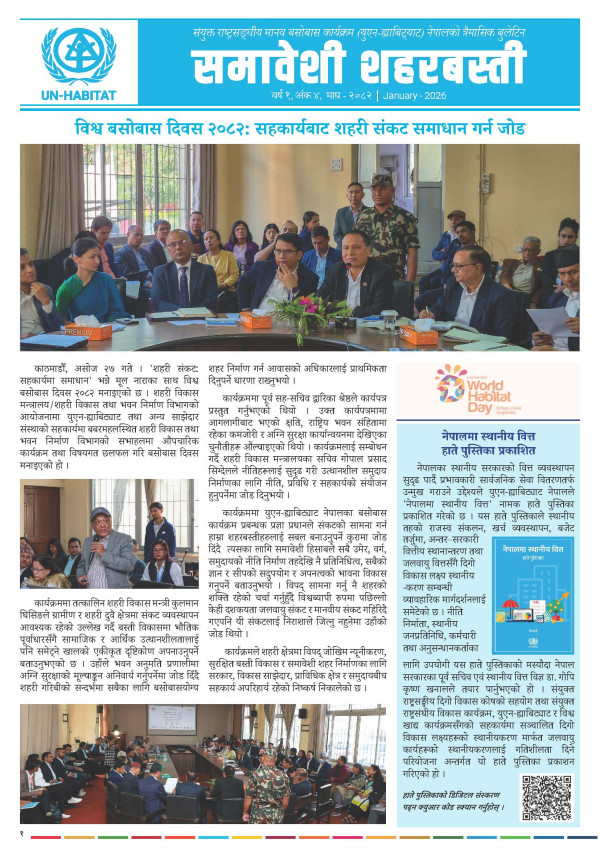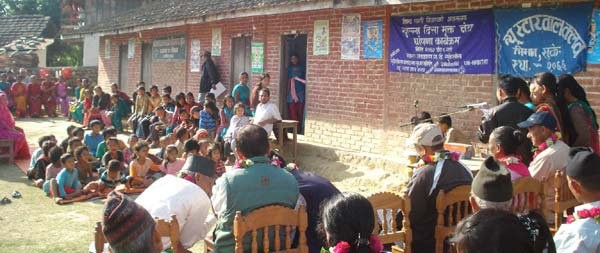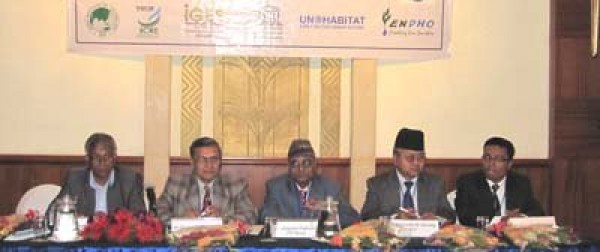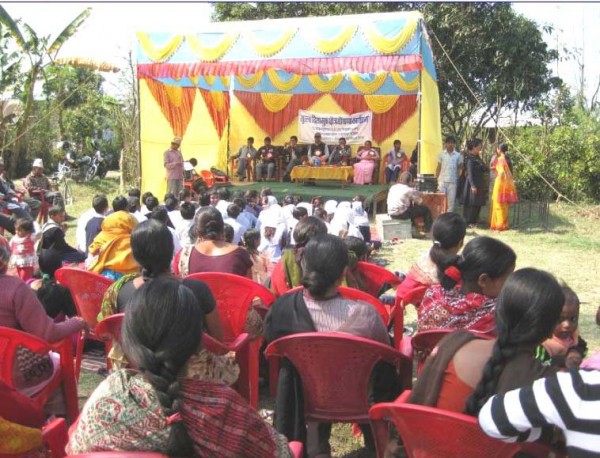Pakistani Officials trained on Water, Environmental Sanitation and Hygiene Education
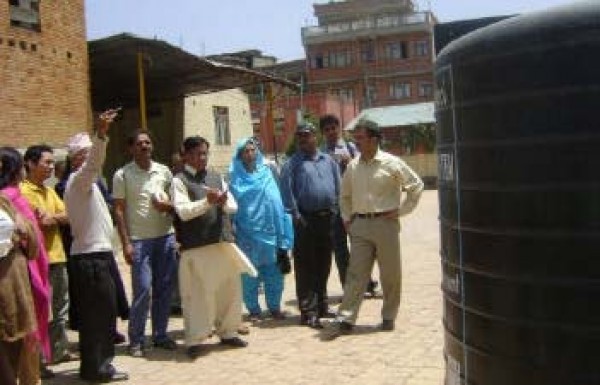
Kathmandu, 27 May: UN HABITAT and Indus Resource Centre (IRC), Pakistan jointly organized training on water,environmental sanitation and hygiene education in Kathmandu,Nepal from 19-26 April 2009 with the view to produce MasterTrainers on water, sanitation and hygiene related issues. At the programme, altogether 20 officials from Government,Education Department, Schools and IRC in Pakistan were trained on various aspects of subject matters. In addition to providing in-depth knowledge and skills on safe water, Point of Use (POU) options, Environmental Sanitation and Hygiene Education including Human Value Based Water & Sanitation Education; participants were also explained on the key tools and techniques so that they could transfer these knowledge at community level in Pakistan. During the training, the participants were segregated in Technical and Educational groups. The technical group was equipped with technical knowledge on Water Quality Testing, Kanchan Arsenic Filter, Constructed Wetland, Biogas System and Rain Water Harvesting; and guided on technical details, construction, installation and cost estimation of these technologies. Similarly, the members of other group were made skillful and knowledgeable on improving school environment, establishing nature clubs, mobilizing and activating school children to improve school & community environment. The participants were later taken to various communities, schools and demonstration sites including Siddhipur village, Lubhoo, Khokana and ECO HOME to witness the technologies they learned at the training. These visits helped them to increase their knowledge on various environment friendly technologies such as ECOSAN toilets, composting, rainwater harvesting and household water treatment options. The visit at schools also eased them to upscale their knowledge in the process of establishing nature clubs and developing participatory environment for the school children to get engaged in social activities. UN-HABITAT and Indus Resource Center (I RC )-Pakistan has partnered for building capacity of schools and communities to facilitate behavioural change and to promote better understanding of the critical roles that water conservation and environmental sanitation play in human development and survivals. This intervention is envisaged to supplement the activities of the Sind Cities Improvement Investment Programme (SCIIP), Government of Sindh so that the quality,reliability and coverage of water supply, wastewater and solid waste management services can be improved in project covered cities. Hence, these Master Trainers will incorporate their skills that they gained from the training in Nepal to accelerate the ongoing developmental activities in these cities covered by SCIIP. They will help to develop training material to conduct training programmes on water, sanitation and hygiene issues in Pakistan. The resource materials and other relevant materials developed by UN HABITAT and other agencies will be used as references for this purpose. In addition, they will assist inraising mass awareness by developing various IEC materials like audio-visual aids. They will also organize Training of Trainers (ToT) in Pakistan to those selected from the target schools, government agencies, stakeholders, health workers, local Non-Governmental Organizations (NGOs) and Community Based Organizations (CBSs) to produce trainers, who will conduct capacity building activities on water, sanitation and hygiene issues for various audiences and groups, and facilitate and promote the water, sanitation and hygiene activities at educational institutions and communities. These master trainers will provide technical support and necessary guidance to those trainers to establish water classroom, which will be developed as learning centre of several water and sanitation technologies such as rainwater harvesting, solid waste management system including biogas, wastewater treatment system, drinking water quality improvement options and simple field-level water testing kits.




